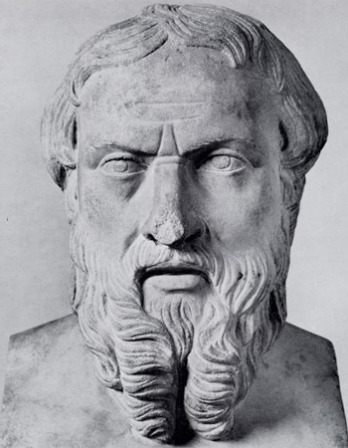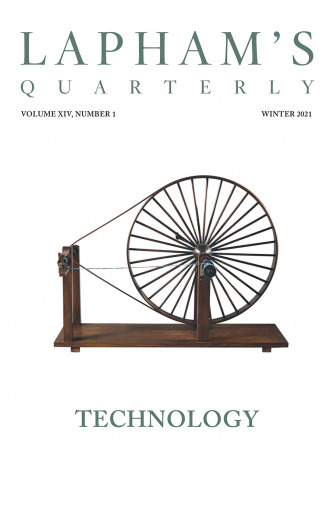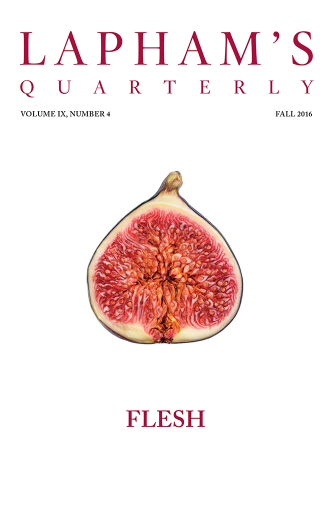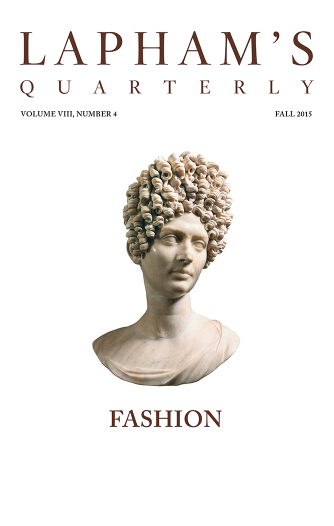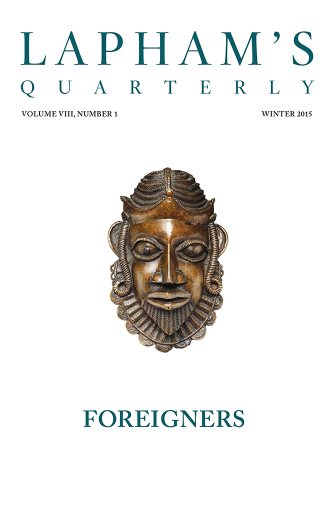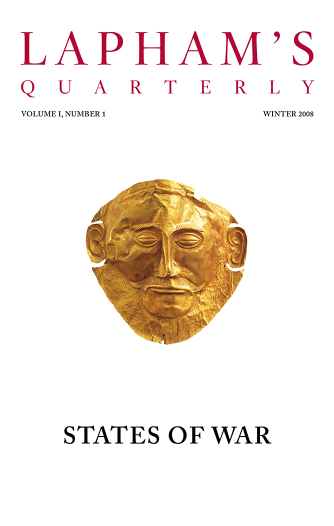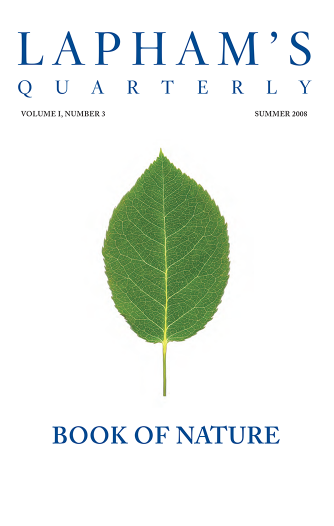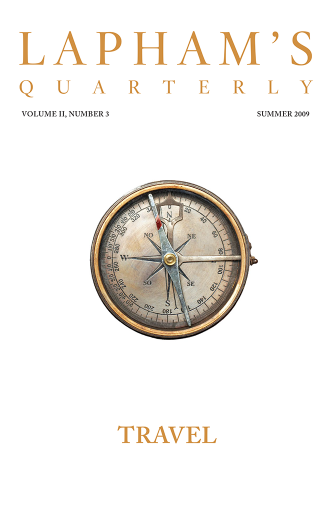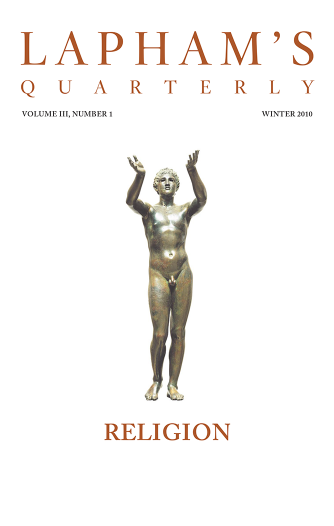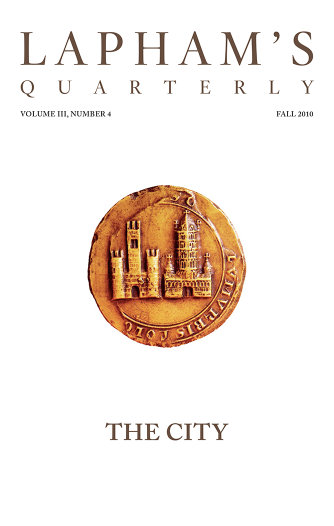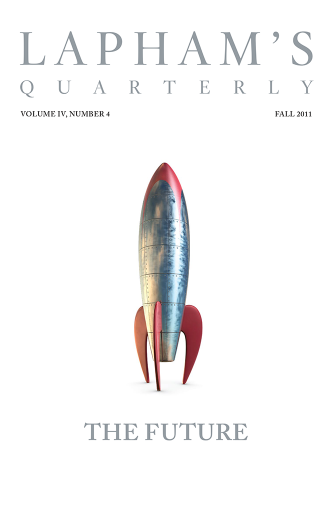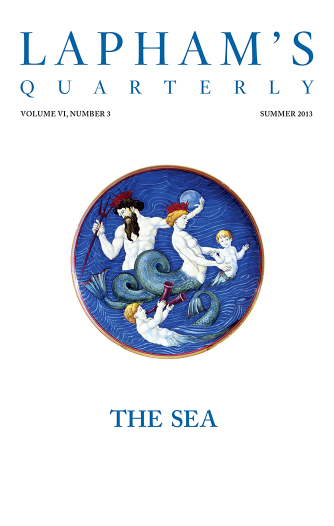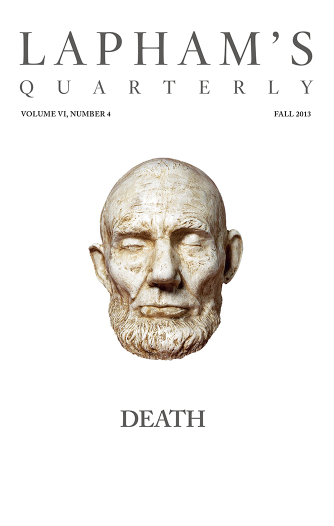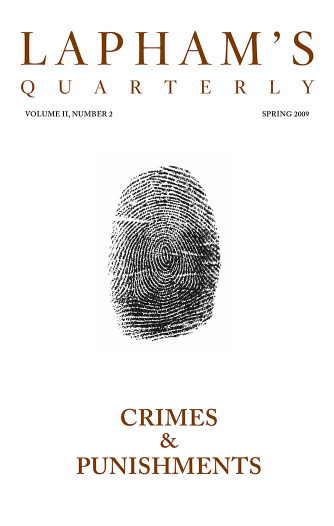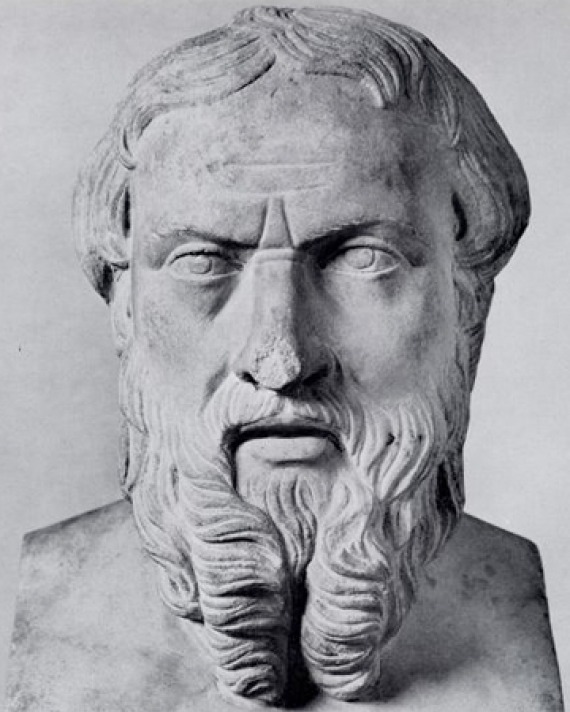
Herodotus
(c. 484 BC - c. 425 BC)
Known as the “Father of History” for his “inquiries” into the origins of the Greco-Persian Wars of 490 and 480–479 bc, Herodotus boasted of his reliance on “actual fact” when writing his classic work The Histories, in which he describes gold-digging ants “bigger than a fox,” “Ethiopian hole-men” who “squeak like bats,” and Indian semen, which is “black like their own skins.” Herodotus, whose life spanned the better part of the fifth century bc, claimed to have traveled widely in Egypt, Babylonia, Byzantium, and Macedonia.
